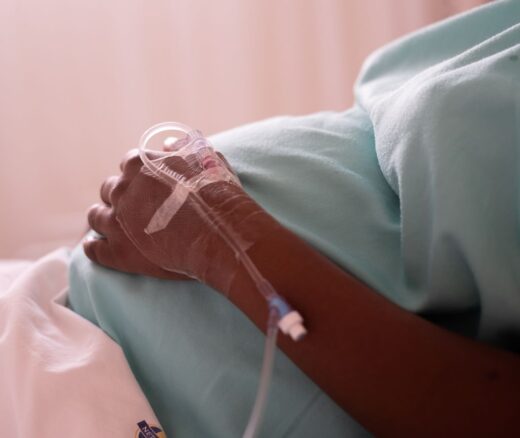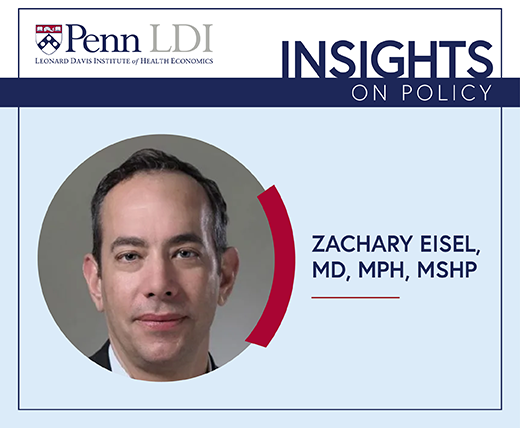
Over 500 U.S. Hospitals Have Stopped Delivering Babies Since 2010
A Crisis in Maternal Care is Unfolding—and it’s Hitting Rural and Urban Communities Alike
In Their Own Words

The following excerpt is from an op-ed that first appeared in Stat News on April 28th, 2025.
Every day, nurses make decisions that shape not only how patients recover but how they experience illness.
Take patients recovering from sepsis, who are often under sedation on a ventilator. Evidence urges daily sedation breaks to prevent delirium, but guidelines rarely acknowledge the fear of suddenly waking up in a maze of tubes. These moments — where protocol clashes with human need — make nurses want to be scientists and figure out better answers. While the three of us have had that chance, most don’t. That needs to change.
When Americans picture a nurse, they think of the steady hand checking a pulse, not a scientist analyzing data. But nurses are scientists. They can earn Ph.Ds., lead clinical trials, and study problems that textbooks overlook: how a family’s silence signals despair, how to deliver mental health care in places where patients feel at ease, the ripple effects of a nurse being spat on midshift. Nurses can both study workplace violence and live it.
This duality — caregiver and investigator — lets us find the answers to questions that matter to patients: Why does pain medication confuse my mother? How do I heal when trauma follows me home from the ICU?
Yet most nurses are forced to choose between caring for patients and conducting research. While physician-scientists are supported in splitting their time between research and clinical work, nurse-scientists are not. Those who wish to continue practicing often do so on nights and weekends, sometimes in unpaid and unsustainable structures. This system stifles innovation and leaves gaps in care unaddressed…
Read the entire op-ed here.




A Crisis in Maternal Care is Unfolding—and it’s Hitting Rural and Urban Communities Alike

Stable Payments Improved Margins But Not Liquidity, New LDI Analysis Finds

LDI Senior Fellow Cited for “Significant Contributions” in Research

Outdated Laws Target Black and Queer Lives in Over 30 States, Fueling a Deadly Disease

Selected for Current and Future Research in the Science of Amputee Care

Research Memo: Delivered to House Speaker Mike Johnson and Majority Leader John Thune